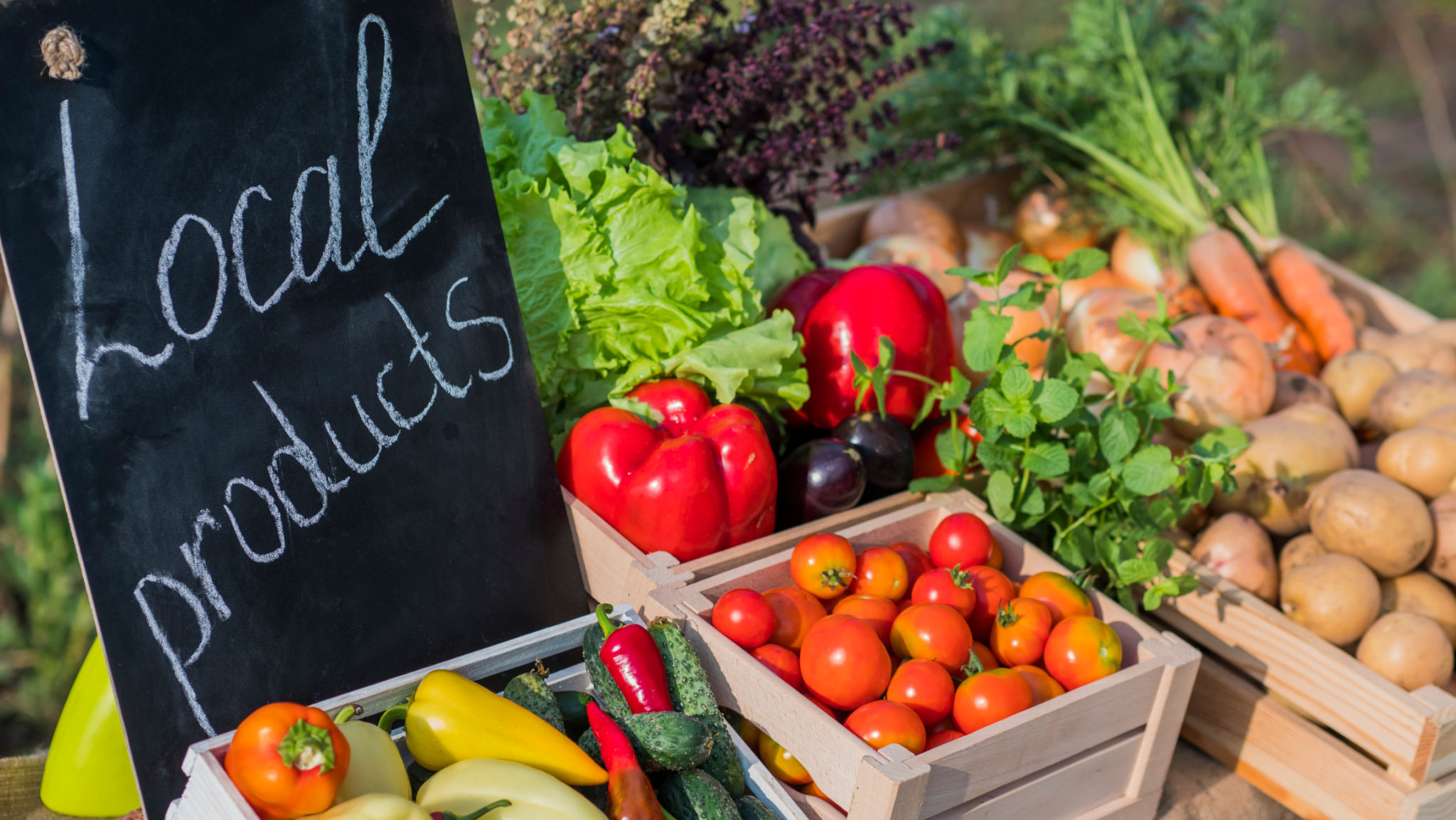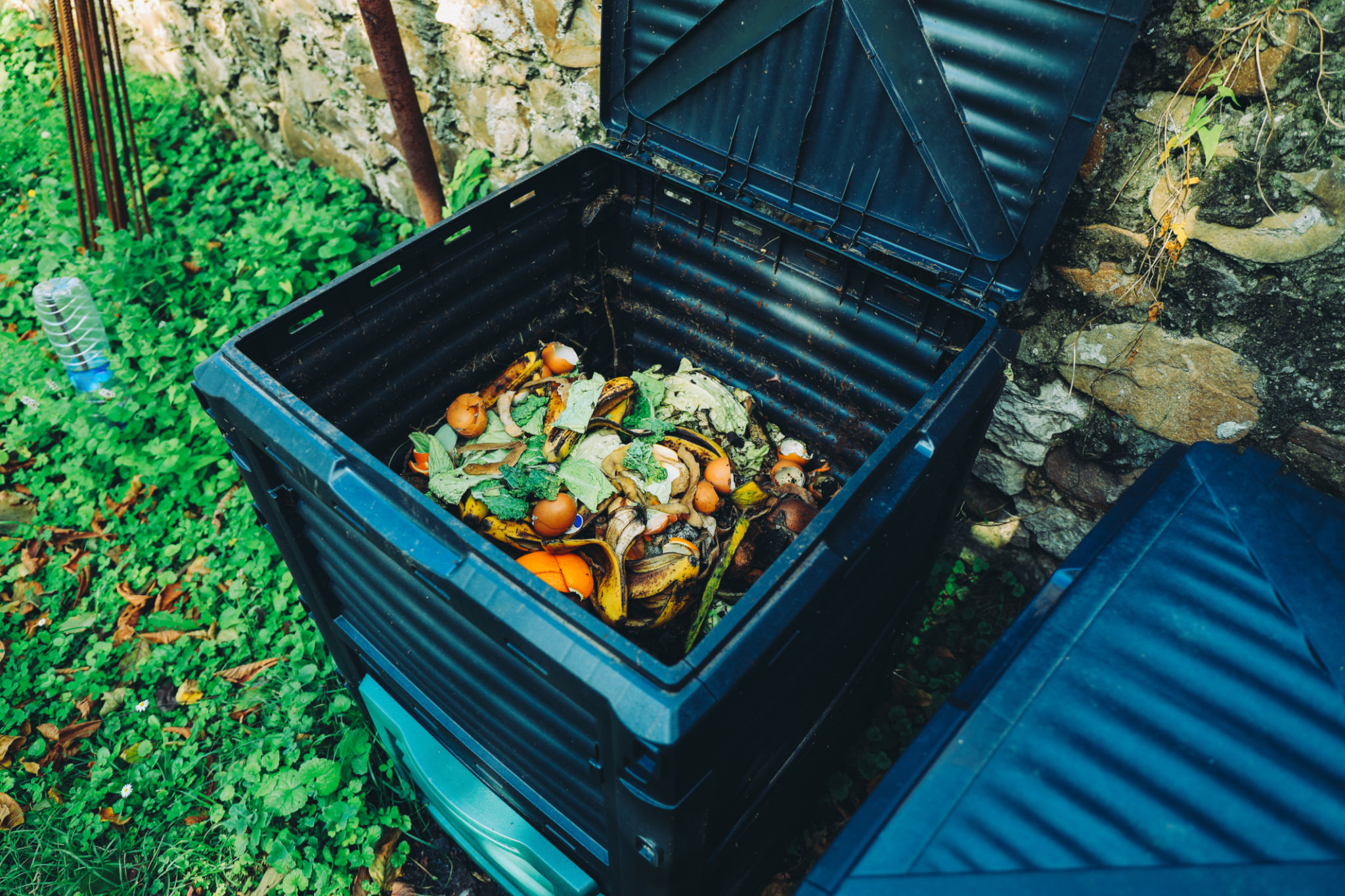Sustainable Eating: Tips for Reducing Your Carbon Footprint in Georgia
Understanding Your Carbon Footprint
As awareness about environmental issues grows, many people are looking for ways to reduce their carbon footprint. One effective approach is through sustainable eating, which not only benefits the planet but also promotes personal health. In Georgia, where agriculture plays a significant role in the economy, there are numerous opportunities to make eco-friendly food choices.
A carbon footprint refers to the total greenhouse gas emissions caused by an individual, organization, or product, expressed as carbon dioxide equivalent. Food production, processing, and transportation significantly contribute to these emissions. By making mindful choices about what we eat, we can help mitigate climate change.

Eat Locally Sourced Foods
One of the most effective ways to reduce your carbon footprint is by consuming locally sourced foods. In Georgia, farmers’ markets and local co-ops offer a variety of fresh and seasonal produce. By purchasing these, you not only support local farmers but also cut down on the emissions associated with long-distance food transportation.
Local foods are typically fresher and more nutrient-dense because they spend less time in transit. This means you're getting better quality produce while also contributing to sustainability. Consider joining a community-supported agriculture (CSA) program to get regular deliveries of fresh, local produce.
Embrace Plant-Based Options
Shifting towards a plant-based diet can significantly reduce your environmental impact. Meat and dairy production are major sources of greenhouse gas emissions. By incorporating more fruits, vegetables, legumes, and grains into your meals, you can lower your carbon footprint while enjoying diverse and delicious flavors.

Georgia offers a rich variety of plant-based ingredients such as peaches, pecans, and peanuts. Exploring recipes that highlight these natural resources can be both rewarding and environmentally friendly. Try substituting meat with plant-based proteins like beans or tofu in your favorite dishes.
Minimize Food Waste
Food waste is a significant contributor to carbon emissions. When food is thrown away, not only are the resources used to produce it wasted, but it also generates methane as it decomposes in landfills. To combat this, plan meals carefully and only buy what you need.
Consider composting food scraps instead of sending them to the landfill. Composting reduces methane emissions and creates nutrient-rich soil that can be used for gardening. Many communities in Georgia offer composting programs or have resources available for starting your own compost bin at home.

Choose Sustainable Seafood
If you're a seafood lover, opting for sustainably sourced fish can make a difference. Overfishing and destructive fishing practices harm marine ecosystems. Look for certifications like the Marine Stewardship Council label when purchasing seafood to ensure that it was caught or farmed sustainably.
Georgia's proximity to the coast provides access to a variety of fresh seafood options. By choosing local, sustainable seafood, you can enjoy delicious meals while supporting healthier oceans.
Conclusion: Start Small for Big Impact
Transitioning to sustainable eating habits doesn't have to be overwhelming. Start small by making incremental changes that fit your lifestyle. Whether it's incorporating more plant-based meals or committing to reducing food waste, every effort counts.
By embracing sustainable eating practices in Georgia, you can play a part in preserving the environment while enjoying the state's rich agricultural offerings. Remember, every meal is an opportunity to make a positive impact on the planet.
